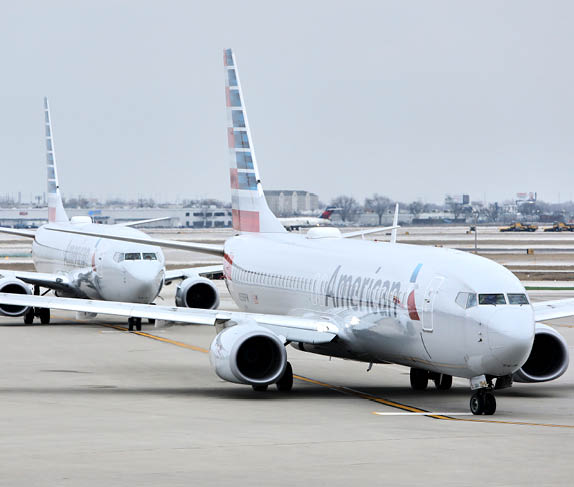ICAO is to consider imposing further restrictions on the carriage of lithium batteries on cargo and passenger airliners, highlighting escalating concerns over potential fire hazards.
ICAO previously imposed a worldwide ban on the bulk shipments of lithium metal batteries -- the most fire-prone type of lithium power cells -- in the cargo holds of passenger aircraft.
Now opinion appears to be shifting to proposals, advocated by pilot unions and outside experts, to possibly extend a version of that prohibition to cargo aircraft. ICAO will discuss the proposal in a meeting in Germany this week.
Tests by the US FAA revealed that lithium metal batteries, which are not rechargeable and power consumer devices such as cameras, can catch fire much faster than other versions of the battery. In some cases, according to FAA results, lithium metal versions are more dangerous than previously believed because they can reach temperatures above 2,000 degrees F, and could not be extinguished using existing fire-fighting chemicals. Lithium ion batteries, meanwhile, were found to be prone to exploding.
Any proposed ban will involve the bulk shipment of batteries, not those batteries carried by individual travellers, although some airlines provide information warning passengers to take precautions with the batteries they carry on board.
The ICAO documents state placing the "least possible burden" on battery manufacturers while still providing "the international aviation community with "an acceptable risk" level. In response, battery manufacturers are expected to launch a major effort to oppose any new restrictions that might be imposed by ICAO, on the premise that existing packaging and labelling requirements -- combined with ICAO-mandated quality controls at factories -- are adequate to safeguard commercial aviation.

